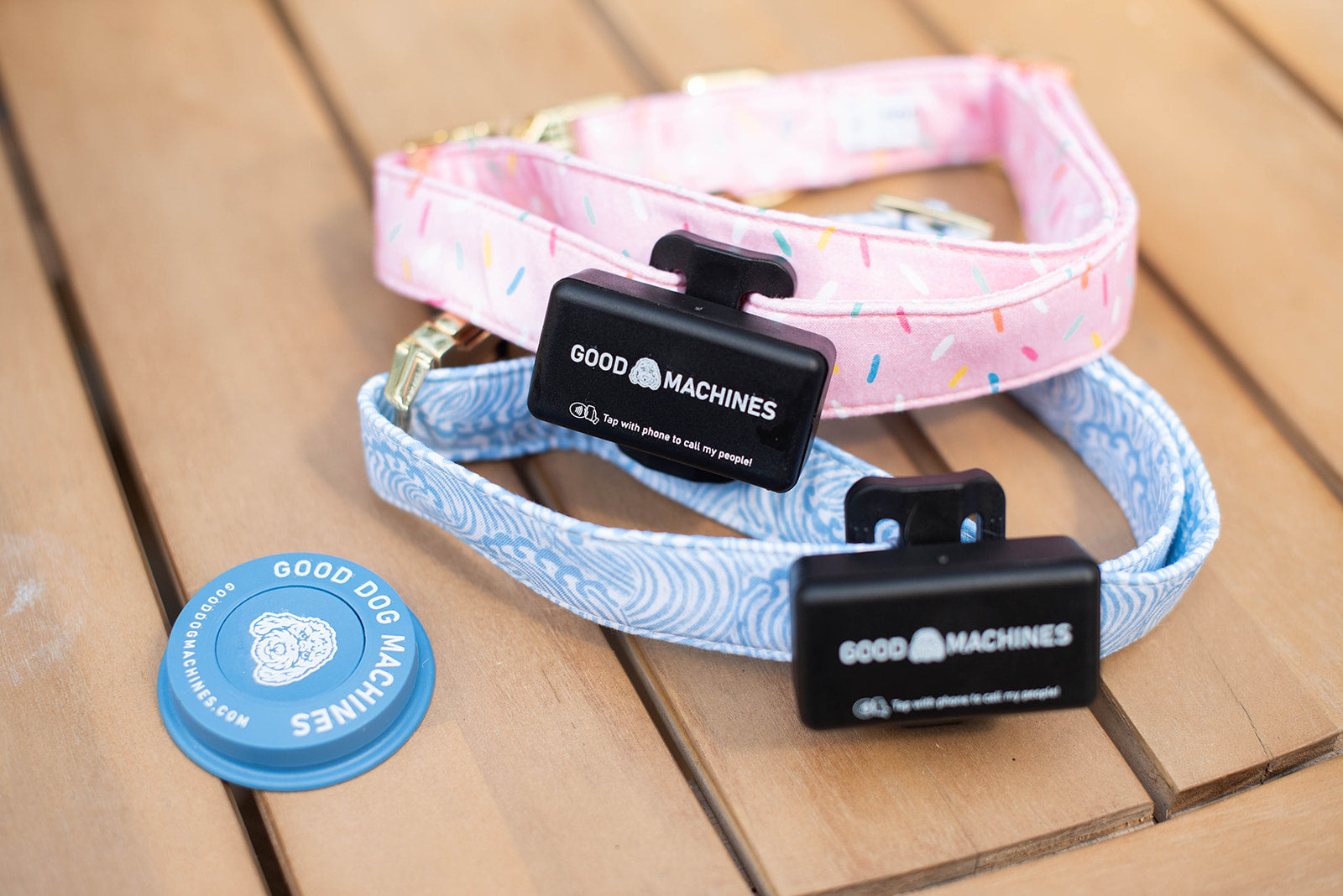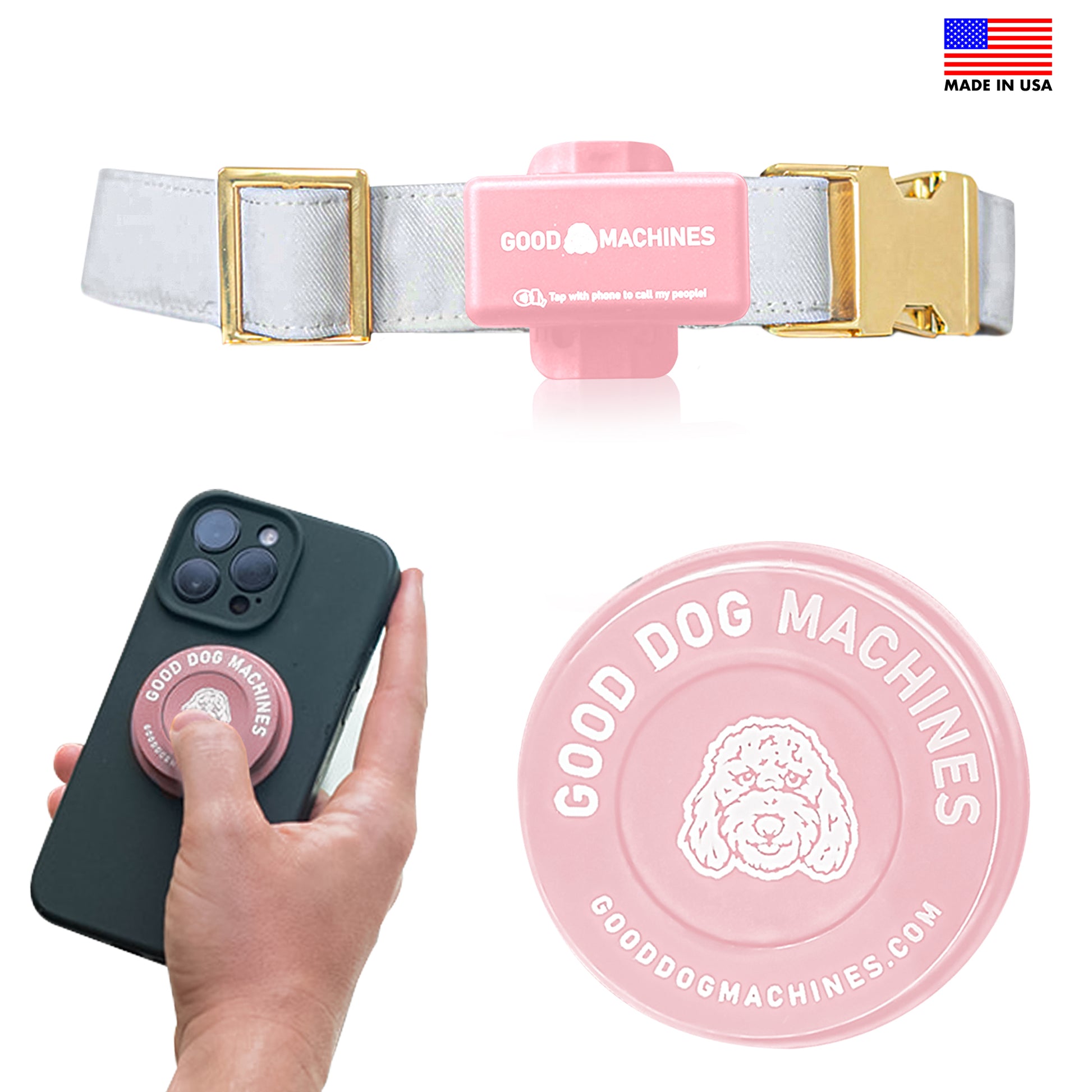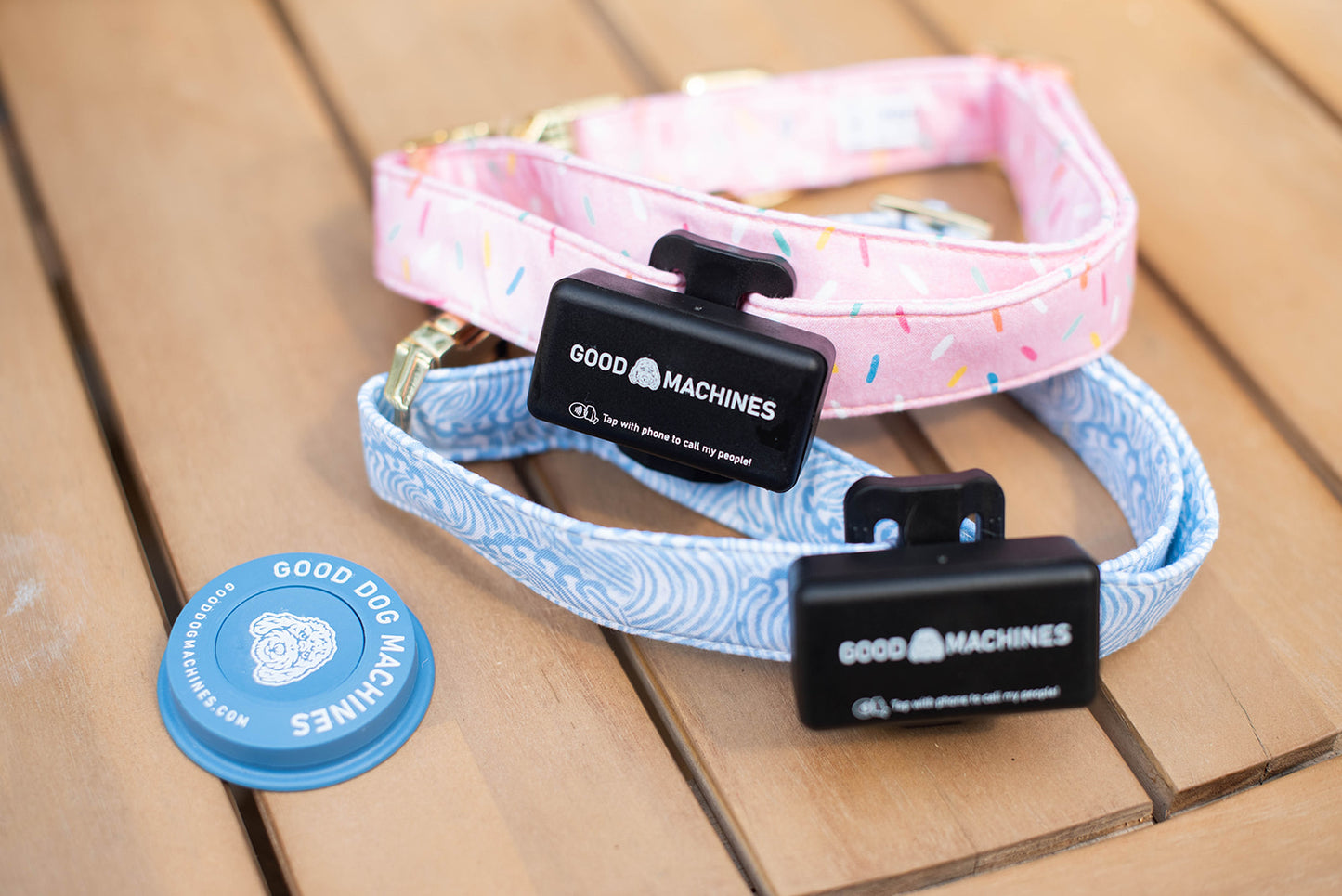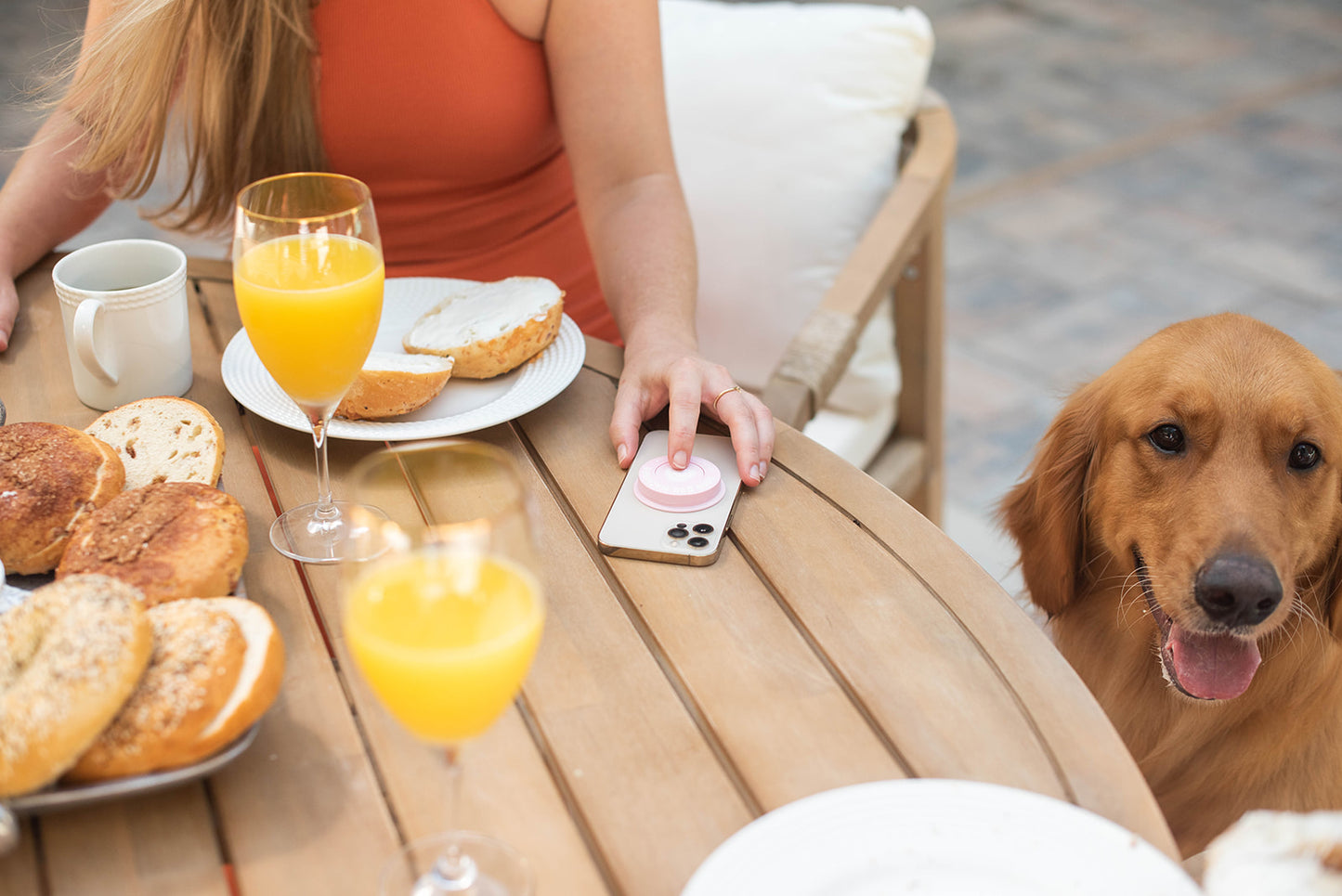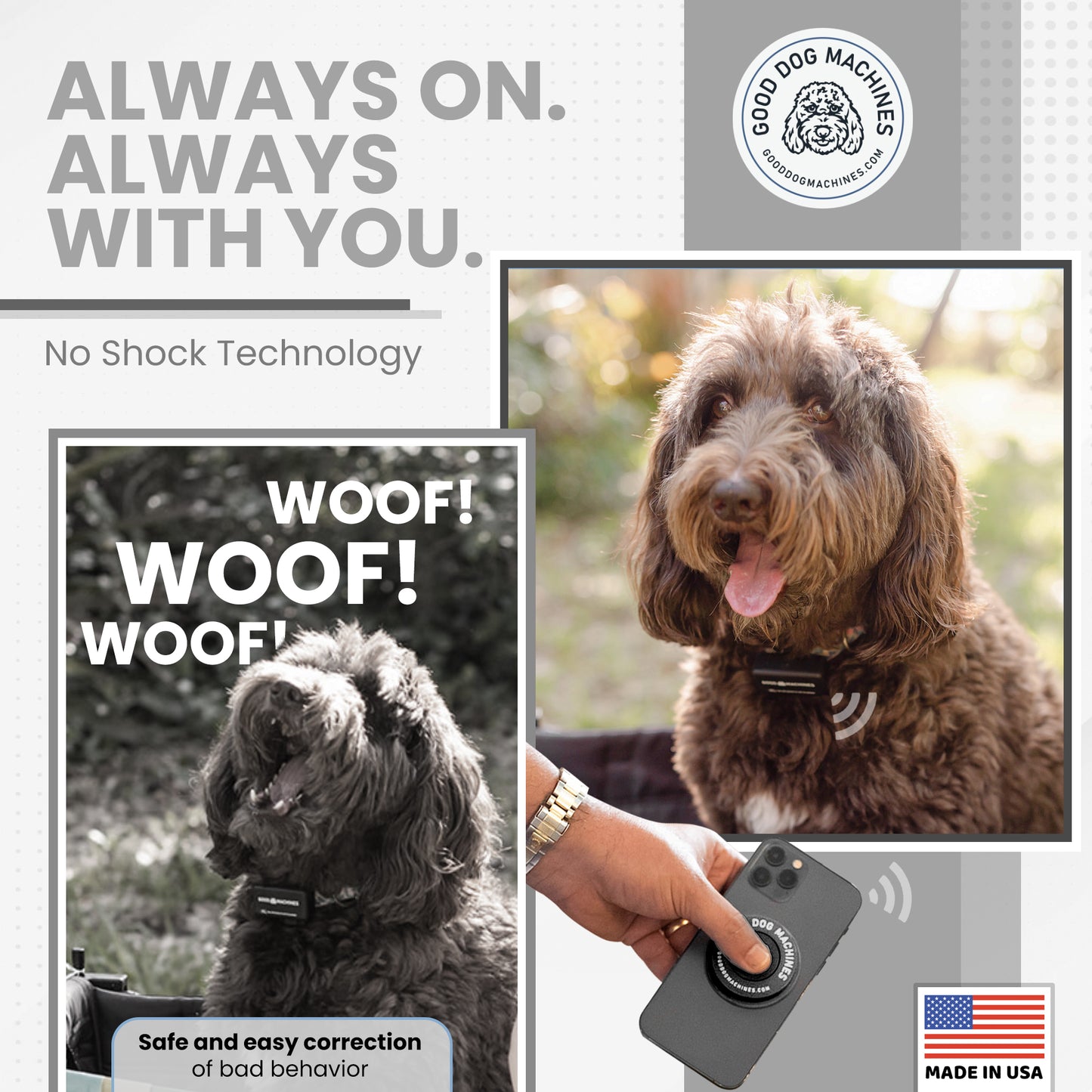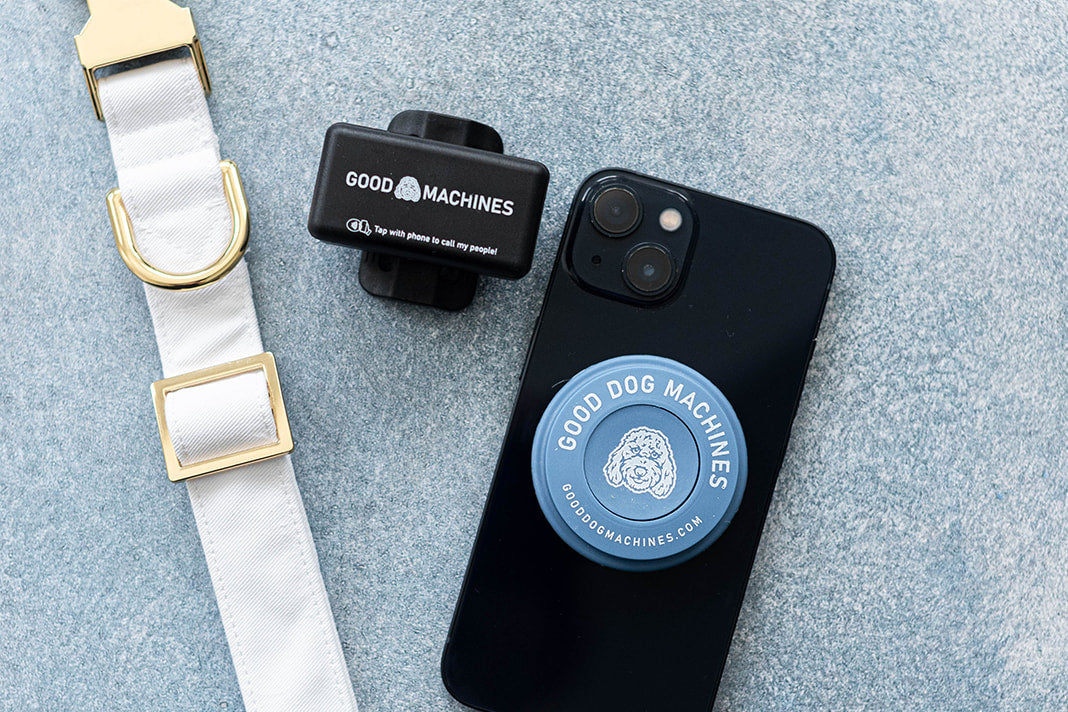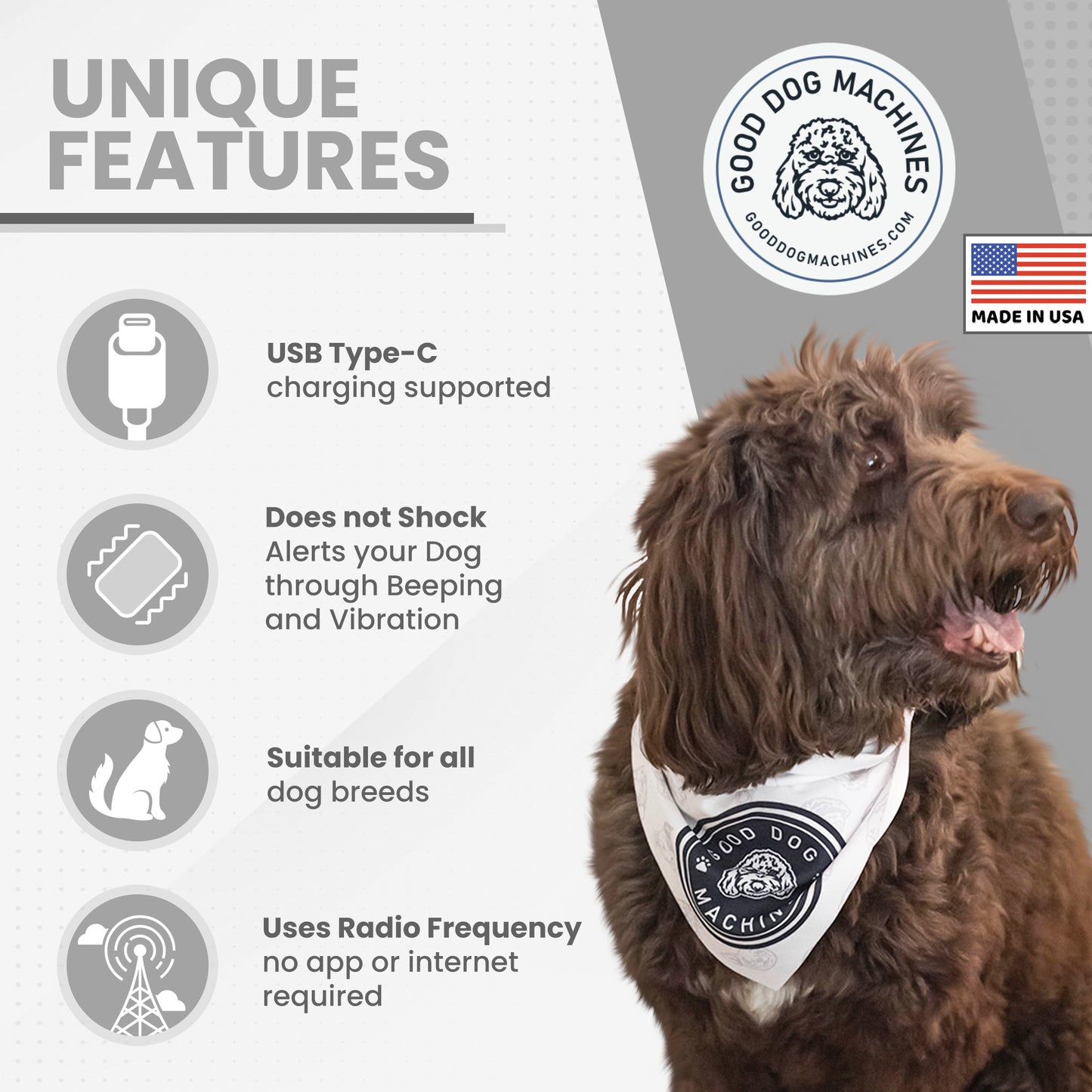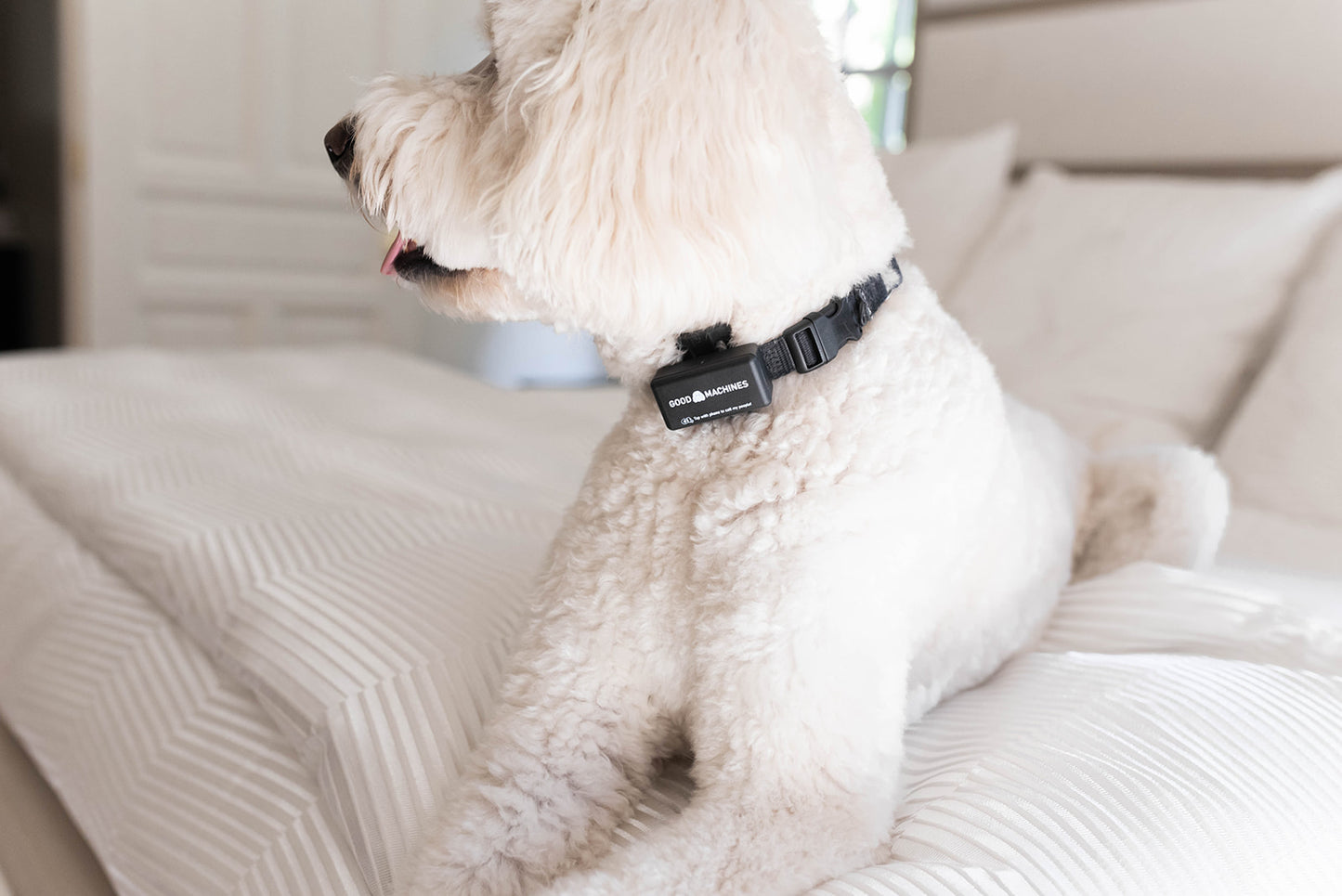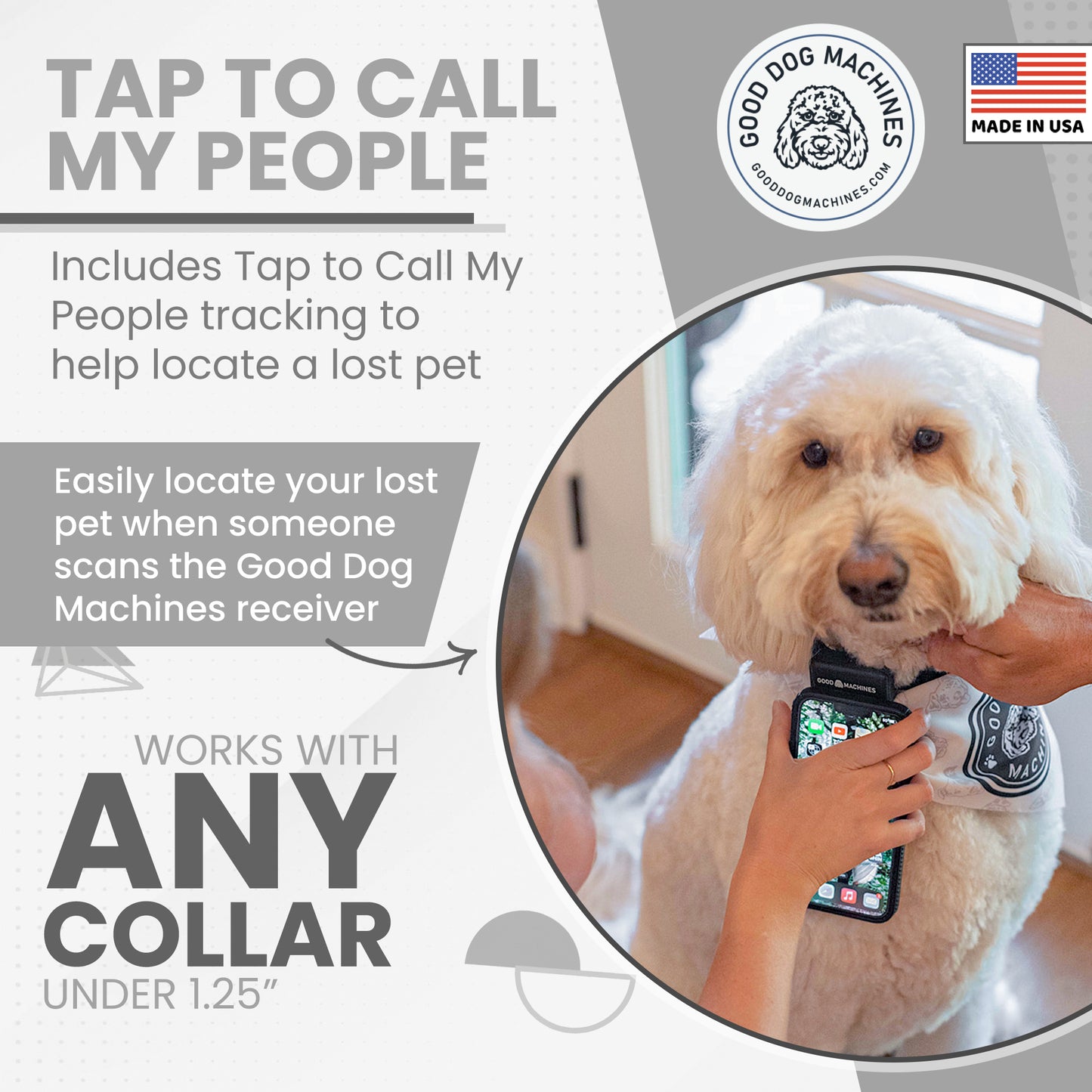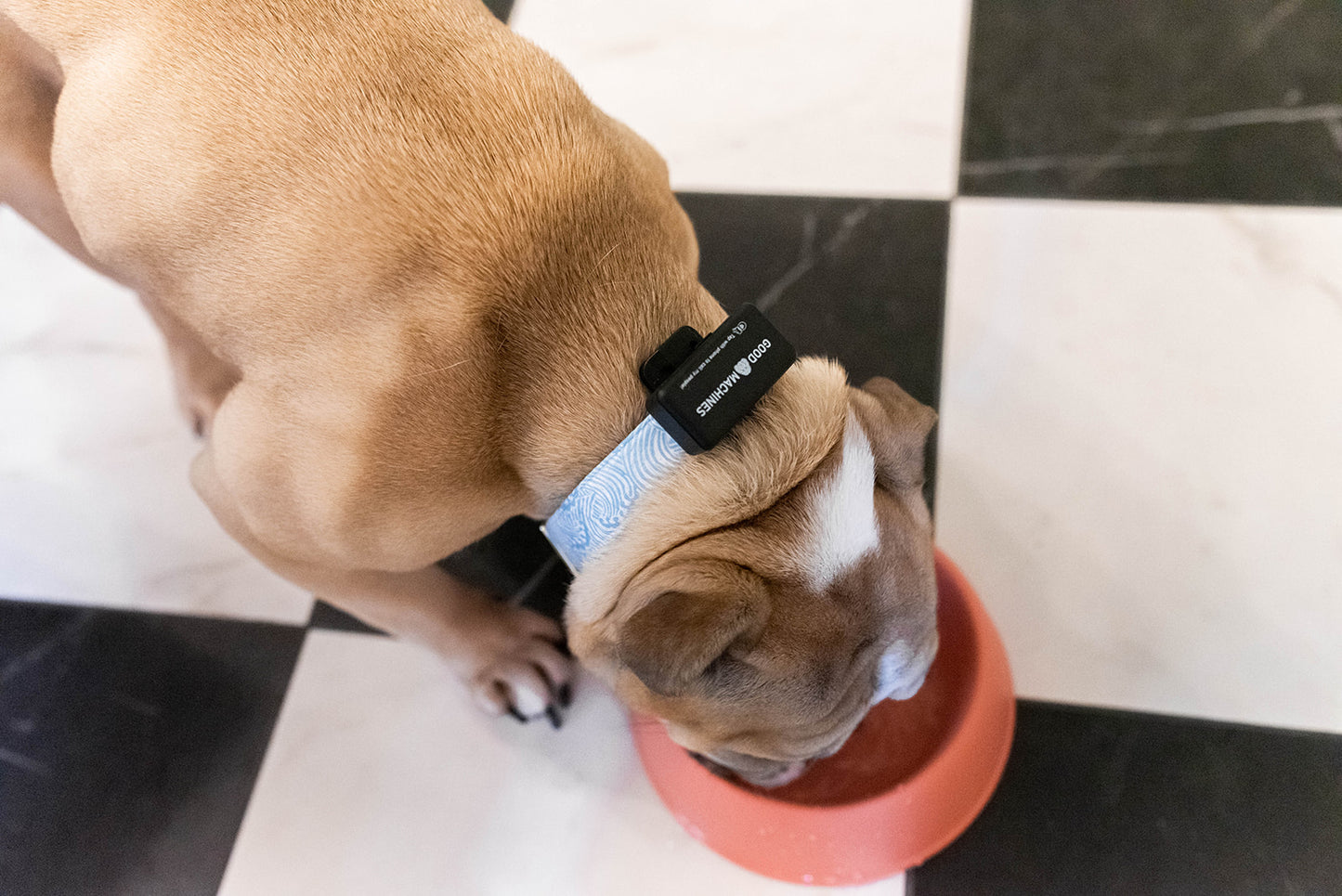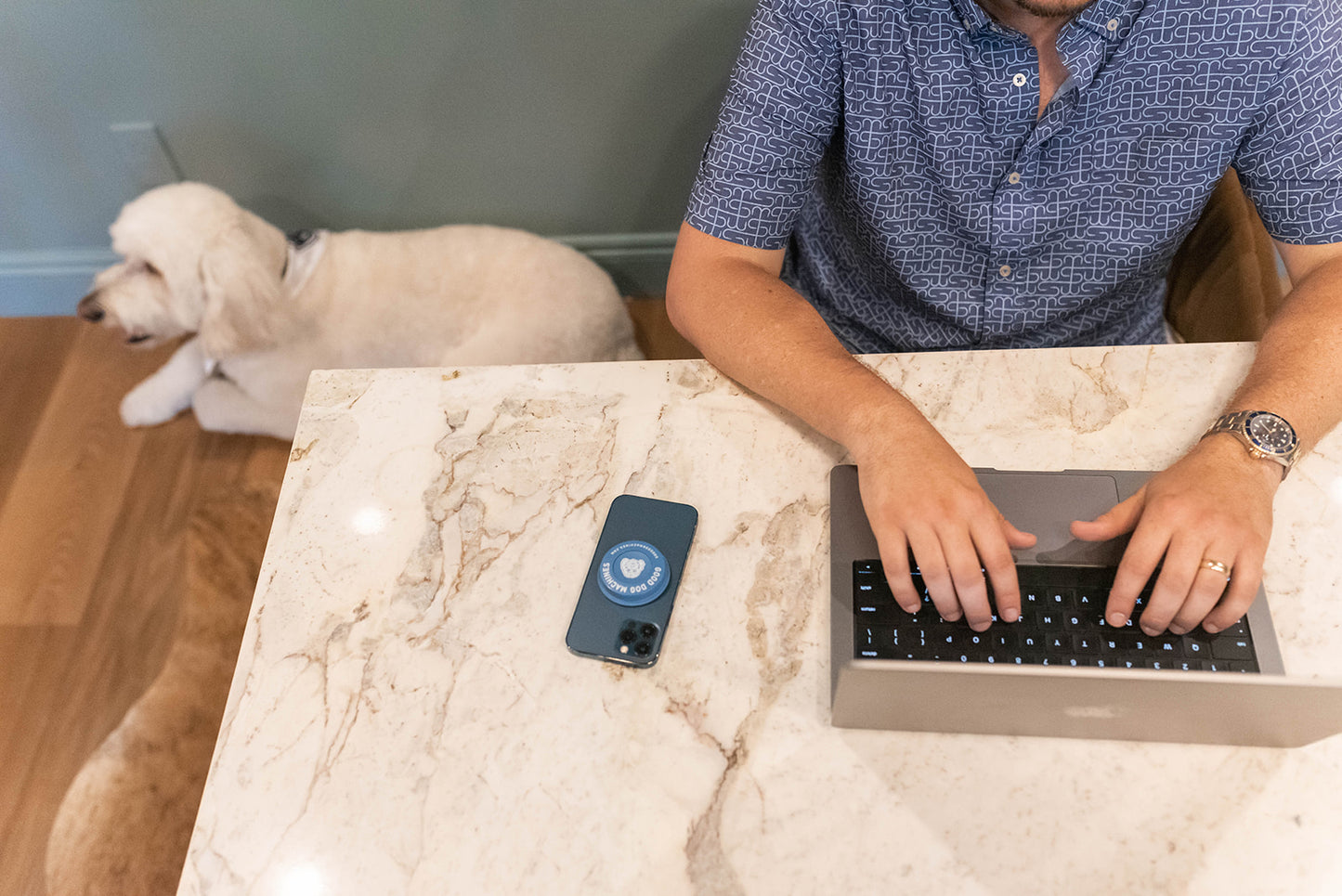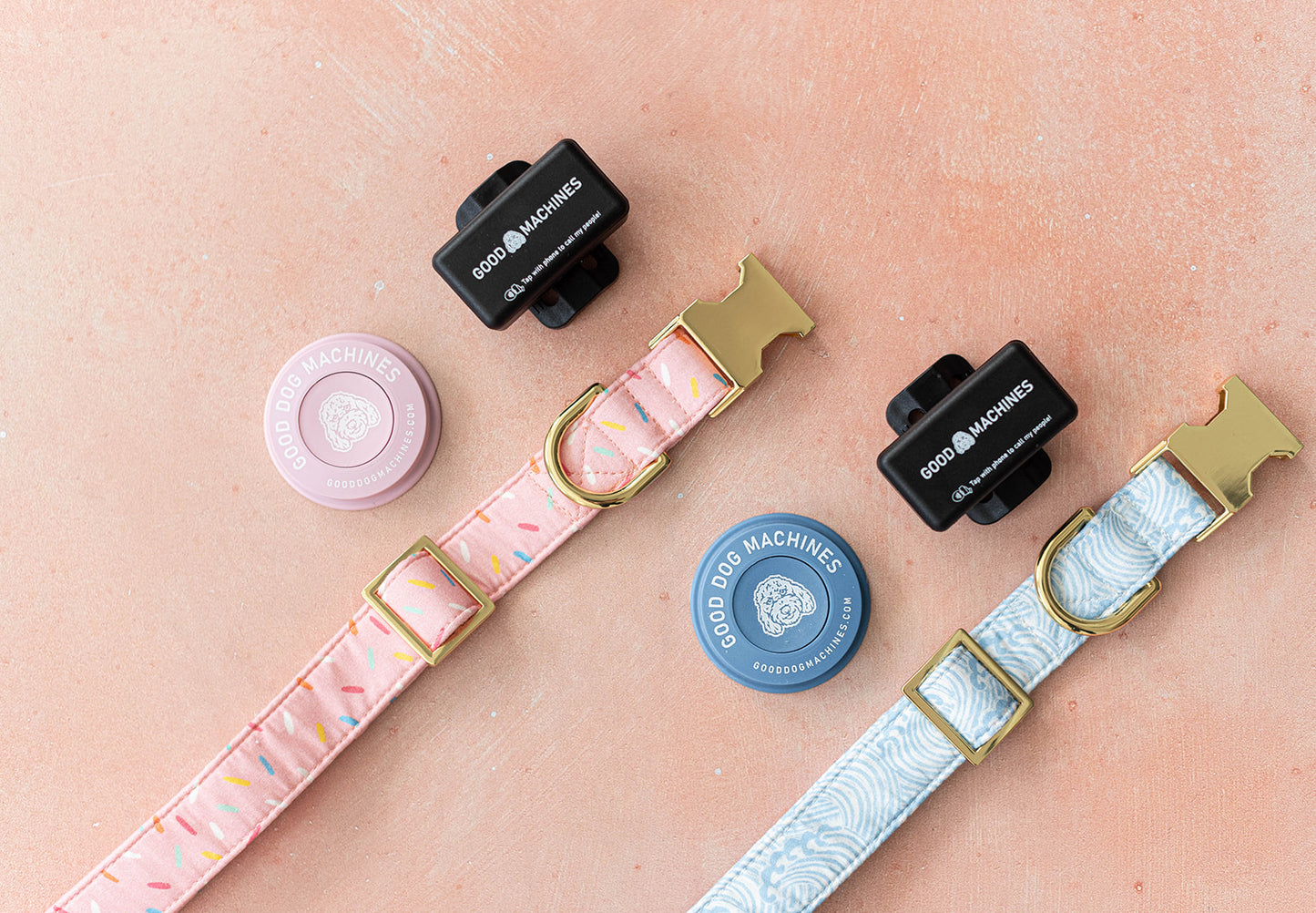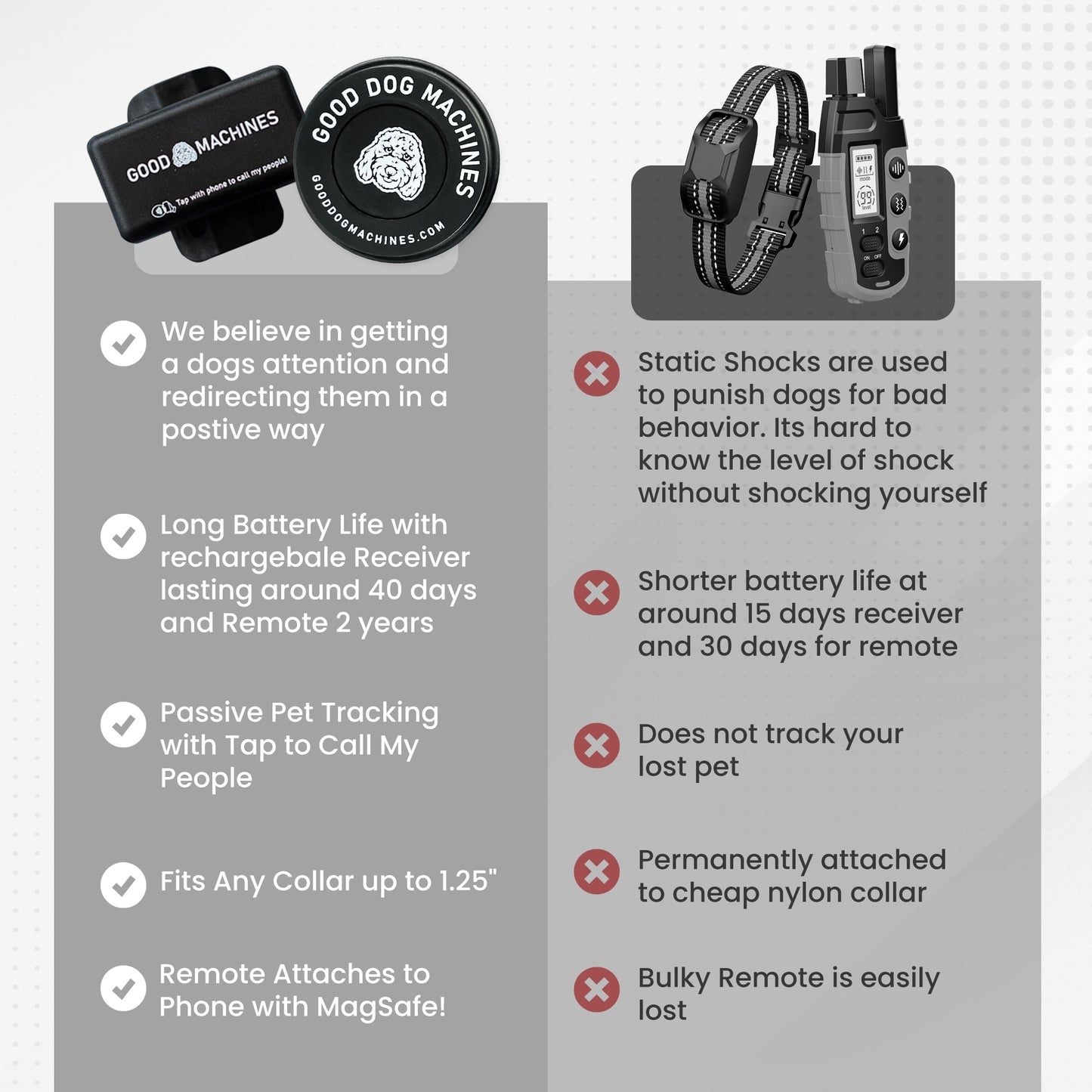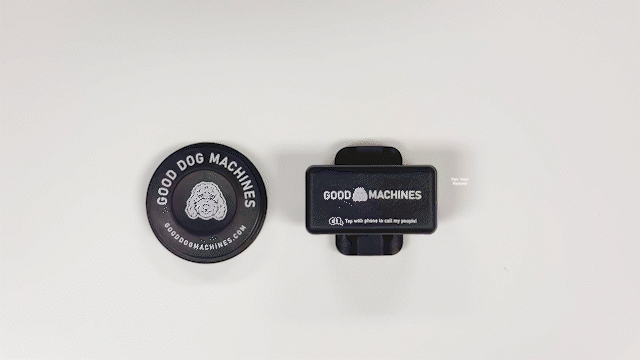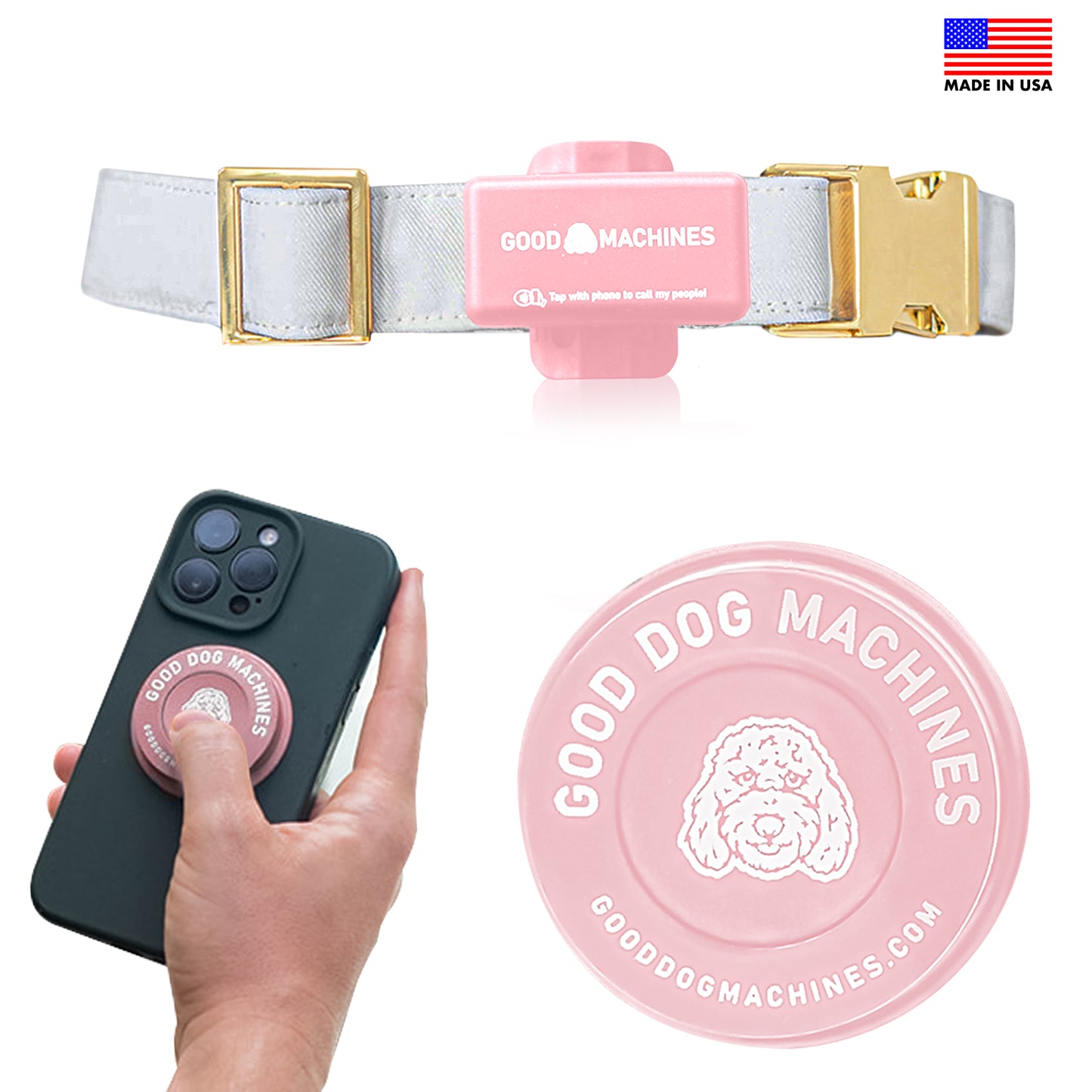Bringing a Goldendoodle puppy into your home is an exciting adventure, and early puppy socialization plays a crucial role in shaping your new furry friend's future. As these affectionate and intelligent dogs grow, exposing them to a variety of environments, people, and other animals is essential in fostering positive dog behavior. During the critical socialization period, which spans the first few months of life, these experiences can have a lasting impact on their temperament and confidence. In this guide, we'll provide practical puppy development tips to help you create a nurturing and positive socialization experience for your Goldendoodle. Whether you're a new puppy owner or a seasoned dog enthusiast, these insights will ensure your pup grows into a well-adjusted and happy companion.
Understanding Goldendoodle Socialization
Socializing a Goldendoodle is a vital part of their development. Understanding the nuances of the socialization process can help ensure your Goldendoodle grows into a friendly and well-adjusted adult dog. This section will explore the significance of early socialization and the benefits of proper Goldendoodle training.
Importance of Early Puppy Socialization
Early puppy socialization is crucial for Goldendoodles. During the first few months, puppies are particularly receptive to learning new things. Introducing them to varied environments, people, and animals fosters positive experiences and helps prevent future behavioral issues.
Imagine taking your Goldendoodle to a bustling park. The sights, sounds, and smells are overwhelming at first, but with repeated exposure, they become familiar. This helps your puppy develop confidence and adaptability.
-
Early exposure reduces the risk of phobias.
-
It improves the dog's ability to interact with other dogs and humans.
-
Socialized dogs typically exhibit fewer aggressive behaviors.
Puppies that lack early socialization may become fearful or anxious. Therefore, ensuring diverse and positive experiences early on is essential for a well-rounded temperament.
Goldendoodle Training Benefits
Goldendoodle training offers numerous benefits, enhancing the bond between you and your pet. Training teaches obedience and ensures safety. Moreover, a well-trained dog is a pleasure to be around, both at home and in public spaces.
Benefits of Goldendoodle Training:
-
Improved Communication: Training facilitates better understanding and communication between you and your dog.
-
Safety: Commands like "sit" and "stay" can prevent accidents and ensure your dog's safety in unpredictable situations.
-
Stronger Bond: Training sessions provide opportunities for bonding, enhancing trust and affection.
Additionally, trained dogs often exhibit improved mental health. They are less likely to develop anxiety or destructive behaviors. Ultimately, consistent training leads to a happier, more harmonious household.
Navigating Critical Socialization Periods
Understanding the critical periods of socialization can guide you in providing optimal experiences for your Goldendoodle. In this section, we'll delve into the key development stages and how they influence positive dog behavior.
Key Development Stages
Goldendoodles, like other puppies, go through distinct development stages. Each stage presents unique opportunities and challenges. Recognizing these stages helps in tailoring your socialization efforts effectively.
-
Neonatal Stage (0-2 weeks): Puppies are entirely dependent on their mother for care and sustenance.
-
Transitional Stage (2-4 weeks): Eyes and ears open, and puppies start exploring their surroundings.
-
Socialization Stage (3-14 weeks): This is the most critical period for social exposure. Puppies should meet various people, pets, and environments.
-
Juvenile Stage (3-6 months): Puppies continue learning but are more resistant to new experiences.
Puppies exposed to positive experiences during the socialization stage generally exhibit balanced temperaments and adaptability.
Influencing Positive Dog Behavior
Influencing positive dog behavior starts with understanding your Goldendoodle's needs. Positive reinforcement is a powerful tool in this process. By rewarding good behavior, you encourage its repetition.
Key Strategies:
-
Use treats and praise to reinforce desired behaviors.
-
Be consistent with commands and expectations.
-
Avoid negative reinforcement, which can lead to fear and anxiety.
Real-world examples show that dogs trained with positive reinforcement learn faster and retain lessons longer. For instance, a Goldendoodle praised for sitting calmly during a vet visit is more likely to repeat this behavior in future visits.
By implementing these techniques, you can cultivate a well-behaved and content Goldendoodle, ensuring they are a joy to be around.
Tips for Positive Socialization Experience
Creating a positive socialization experience is about making every new encounter rewarding and safe. This section provides actionable tips for introducing new environments and encouraging safe interactions.
Introducing New Environments
Introducing your Goldendoodle to new environments should be gradual and positive. Each new place offers unique learning experiences critical for their development.
-
Start Indoors: Begin with different rooms in your home, allowing your puppy to become comfortable with various spaces.
-
Gradual Outdoor Exposure: Slowly introduce your puppy to your yard, then progress to quiet parks before venturing into busier areas.
-
Positive Reinforcement: Reward your puppy with treats or affection when they explore new spaces calmly and confidently.
By gradually increasing exposure, you help your Goldendoodle develop resilience and curiosity towards their surroundings.
Encouraging Safe Interactions
Ensuring safe interactions with other animals and people is essential for building your Goldendoodle's social skills. Proper socialization techniques promote positive relationships and prevent future behavioral issues.
Steps for Safe Interactions:
-
Controlled Introductions: Introduce your puppy to well-socialized dogs and friendly humans in controlled settings.
-
Observe Body Language: Watch for signs of stress or discomfort and remove your puppy if they seem overwhelmed.
-
Use Supervised Play: Allow your puppy to play with other dogs under supervision to ensure safe and positive interactions.
A well-socialized Goldendoodle is more likely to be friendly and relaxed around others, making them a delightful companion both at home and in social settings.
The Good Dog Machine: A Tool for Positive Socialization

Incorporating modern training tools like the Good Dog Machine can significantly enhance the socialization experience for your Goldendoodle. This innovative e-collar is designed specifically to foster positive behavior through gentle reinforcement techniques. By using the Good Dog Machine as part of your socialization strategy, you can streamline the training process and boost your pup's confidence in new environments.
Benefits of The Good Dog Machine in Socialization:
-
Enhanced Communication: The collar helps you establish clearer communication with your pup, reinforcing desired behaviors during critical socialization moments.
-
Gentle Reinforcement: Unlike traditional methods, the Good Dog Machine uses non-invasive signals to guide your puppy, ensuring a stress-free learning experience.
-
Consistent Training: By maintaining consistent cues across different environments, your Goldendoodle learns to associate positive behaviors with various social settings.
Using the Good Dog Machine in tandem with traditional socialization practices can create a well-rounded approach that not only facilitates learning but also strengthens the bond between you and your furry friend. Whether you're introducing your Goldendoodle to a new park or meeting other dogs, this tool can help make each encounter a positive one.





